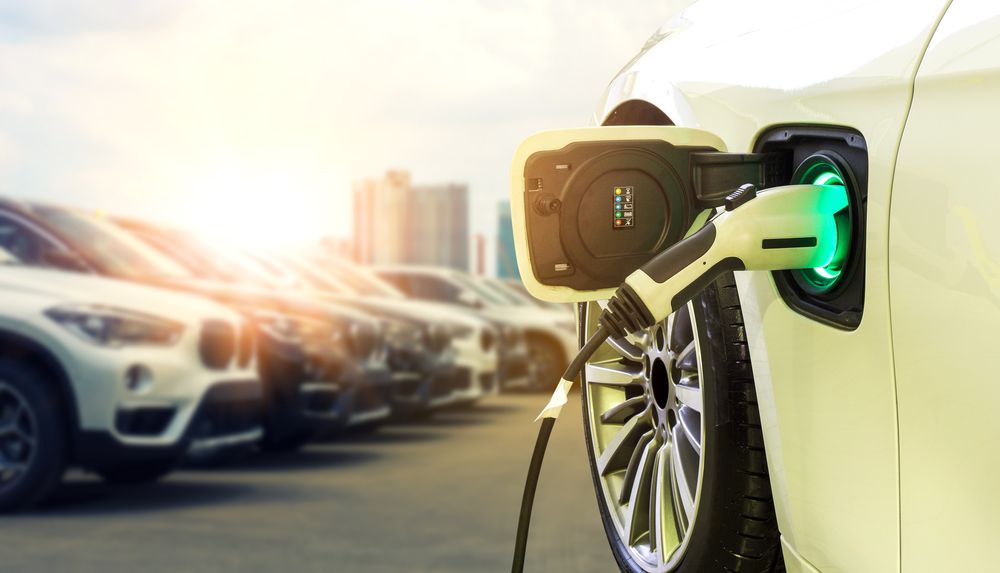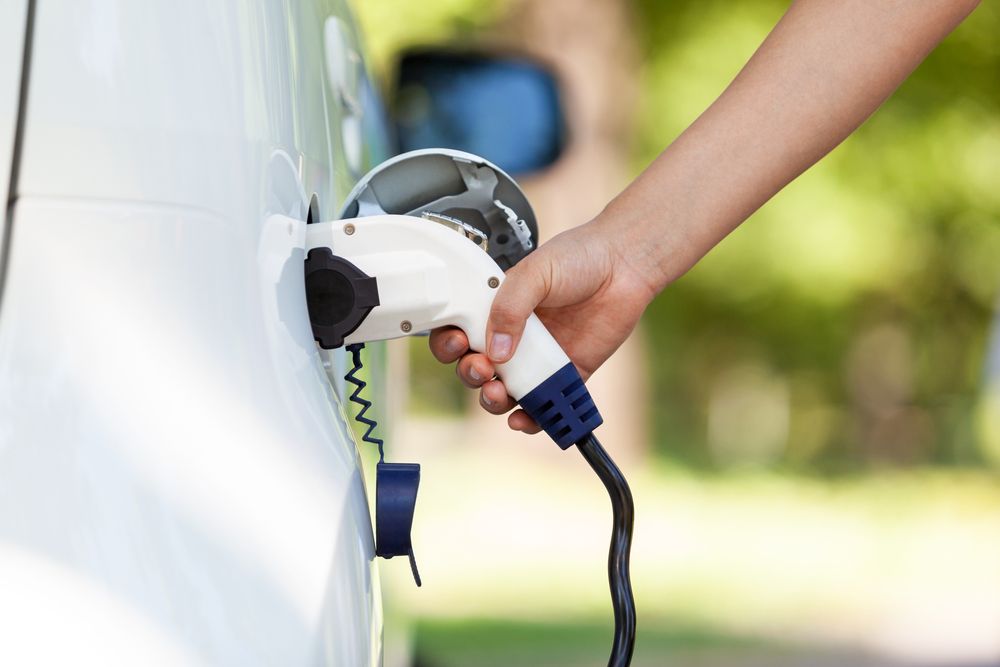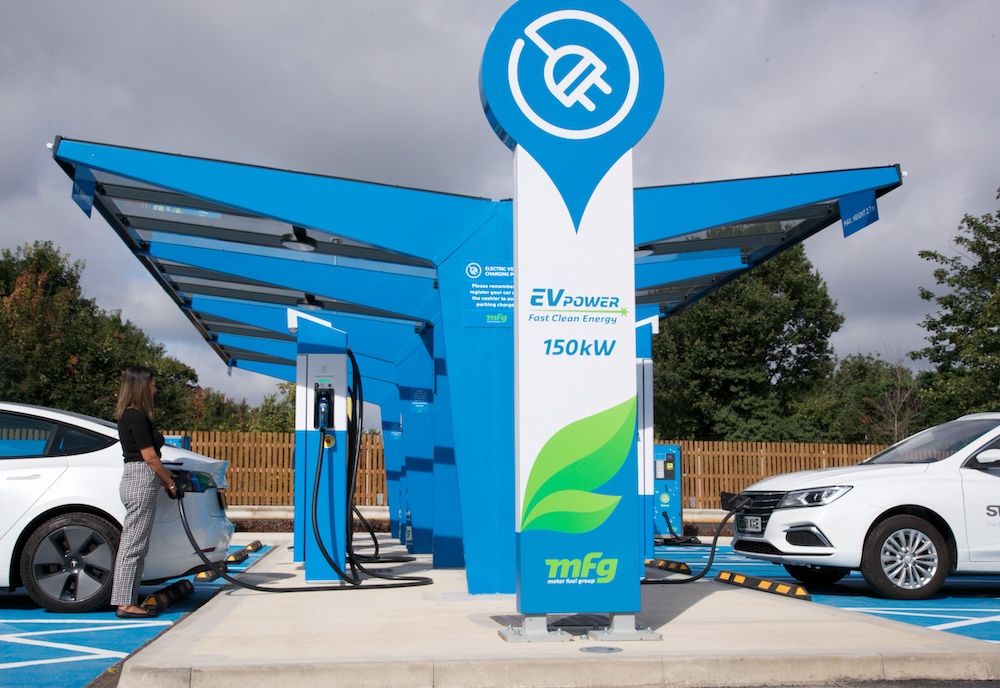The Climate Change Committee (CCC) says the Government is failing to deliver on the programmes it has set out to reach Net Zero – although there are some areas of strong progress with the adoption of electric cars ahead of any growth projections.
The urgency of moving away from fossil fuels, securing energy supplies and cutting carbon emissions has never been clearer, but a new Progress Report by the CCC finds major failures in delivery programmes towards the achievement of the UK’s climate goals.
In a landmark 600-page assessment, the CCC has revamped its framework for monitoring the UK’s climate progress, focusing on the changes needed on the ground to achieve Net Zero. Across the economy, the CCC has developed detailed new progress indicators to assess the risks of Net Zero delivery.
Last year, the CCC applauded the Government for setting ambitious targets and launching a new Net Zero Strategy. Policies are now in place for most sectors of the economy, but a thorough review of progress finds scant evidence of delivery against these headline goals so far. There are some bright spots of progress, but in most areas the likelihood of under-delivery is high. This is a high-wire approach to Net Zero. For the UK’s climate lead to be effective, the world must have confidence that we will keep our promises and that we have a clear and effective programme to achieve our commitments.
CCC Chairman, Lord Deben, said: “The UK is a champion in setting new climate goals, now we must be world-beaters in delivering them. In the midst of a cost-of- living crisis, the country is crying out to end its dependence on expensive fossil fuels. I welcome the Government’s restated commitment to Net Zero, but holes must be plugged in its strategy urgently. The window to deliver real progress is short. We are eagle-eyed for the promised action.”
UK emissions are now almost half (47%) their 1990 levels. Emissions rose 4% in 2021 as the economy began to recover from COVID-19 but were still 10% below 2019 levels. Further progress must be led by Government policies with clear direction, credible delivery mechanisms and suitable incentives to shape private sector action. In no sector of the economy is this yet complete. Today’s report makes over 300 recommendations for filling out policies over the next year, reflecting the scale of the task at hand as the Government moves from strategy to implementation.
The areas of strongest progress are backed and led by well-designed Government policy:
• Deployment of renewable electricity. Emissions from electricity generation have fallen by nearly 70% in the last decade. With offshore wind, business has shown that given the right market conditions and support it can cut costs dramatically and deploy low-carbon solutions rapidly.
• Electric cars are being adopted in greater numbers each year. Their rise is already ahead of CCC and Government growth projections, showing that consumers and households are willing to adopt low-carbon options when offered a cost-effective, good quality product.
In other areas, low-carbon options remain in their infancy. Policy has not yet begun to guide the promised private sector action:
- Energy efficiency in homes. Given soaring energy bills, there is a shocking gap in policy for better insulated homes. Government promised significant public spending in 2019 and committed to new policies last year, neither has yet occurred. The UK continues to have some of the leakiest homes in Europe and installations of insulation remain at rock bottom – the average annual energy bill for UK households is around £40 higher than if insulation rates from pre-2012 had continued for the last decade. Much now rests on the promised energy advice service, which must be a major undertaking that reaches millions of households and supports them through implementation of options to cut their bills and emissions.
- Agriculture and land use have the weakest policies in the CCC’s assessment, despite being vital to delivering Net Zero and the Government’s other goals on food security and biodiversity. Progress in reducing farming emissions has been glacial. The Government’s Food Strategy of a fortnight ago did little to address these issues. They must be tackled in the new land use framework promised for next year.
In its first comprehensive appraisal of UK’s Net Zero Strategy, the CCC warns that:
- The current strategy will not deliver Net Zero. Credible Government plans exist for over a third of the UK’s required emissions reductions to meet the Sixth Carbon Budget in the mid-2030s; with a fair wind we will manage another quarter; and over a third cannot be relied on to deliver the necessary emissions reductions.
- Delivery must be actively managed. In any case, our plans must be based on realistic assessment. While some policies may be more successful than expected, not all policies will deliver. These risks cannot credibly be tackled with an even greater reliance on greenhouse gas removal technologies. The Government should develop contingency plans, such as encouraging reduced consumer demand for high-carbon activities (e.g., through healthier diets, or curbs to growth in demand for flights).
- There has been slow progress on the cross-cutting enablers of progress. The Net Zero Strategy contains warm words on the wider enablers of the transition, but little progress. There is no public engagement strategy three years after the Net Zero target was signed into law; HM Treasury has yet to set out how the full range of costs and benefits of the transition will be shared – it must urgently review its tax strategy to support the Net Zero transition; comprehensive reform of planning legislation to reflect the UK’s international and national commitments to Net Zero is required; and we still await the urgently needed Future Homes Strategy. Bottlenecks, such as skills gaps and planning consents for infrastructure, should be anticipated and tackled early.
- Local delivery. The CCC welcomes the new Local Net Zero Forum, but it remains unclear how central, devolved and local Government will operate in concert to deliver Net Zero.
The rest of the world must also get to grips with the delivery of Net Zero. UK success is doubly important as an example of what can be achieved, as a template for others to draw on. Effective delivery of Net Zero will be needed across the world if the Glasgow Climate Pact is to have the legacy that the UK aimed for at COP26 last year.
Industry reaction:
Nigel Pocklington, Chief Executive Officer of renewable energy company Good Energy said: “We now have a cost-of-living crisis as well as a climate crisis, and this report makes it abundantly clear that the two should be tackled together.
“It is tempting for us in clean energy to take some credit for the successes acknowledged in renewables and electric vehicle adoption, but we know full well that there is so much more to do, in those areas and elsewhere. One huge piece missing in the climate jigsaw is energy efficiency. It addresses both crises head on. This government should stop mulling what headline friendly titles it can give its policies and start rolling them out with urgency.”
Dr Nina Skorupska CBE, Chief Executive of the Association for Renewable Energy and Clean Technology (REA), said:
“The latest CCC report is direct in its assessments and we at the REA echo them. There remains large gaps in energy efficiency policy and, while there has been good progress on the decarbonisation of power, it is clear that much more needs to be done on land use, heat and transport too.
“We do acknowledge the Government’s high level targets, and welcome their continued commitment to the energy transition and Net Zero. However, in short, we agree with the CCC – the Government’s current strategies will not deliver Net Zero. The targets are there, but the Government now has to get on with delivery.”
Ross Easton, Director of External Affairs at Energy Networks Association, which represents the UK and Ireland’s energy networks businesses, said: “Today’s announcement from the CCC is a clear sign that despite the progress made so far, there is a long way to go before we hit Net Zero and that the focus must remain on the long term. Network companies are a central pillar to enabling Net Zero but we will need sufficient certainty and ambition around investment to meet the scale of the challenge ahead.”
Image courtesy of Shutterstock.













